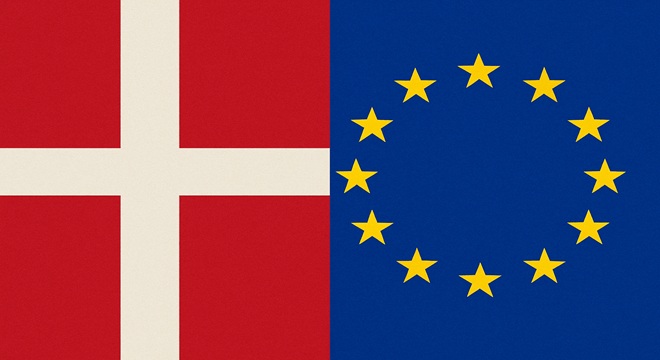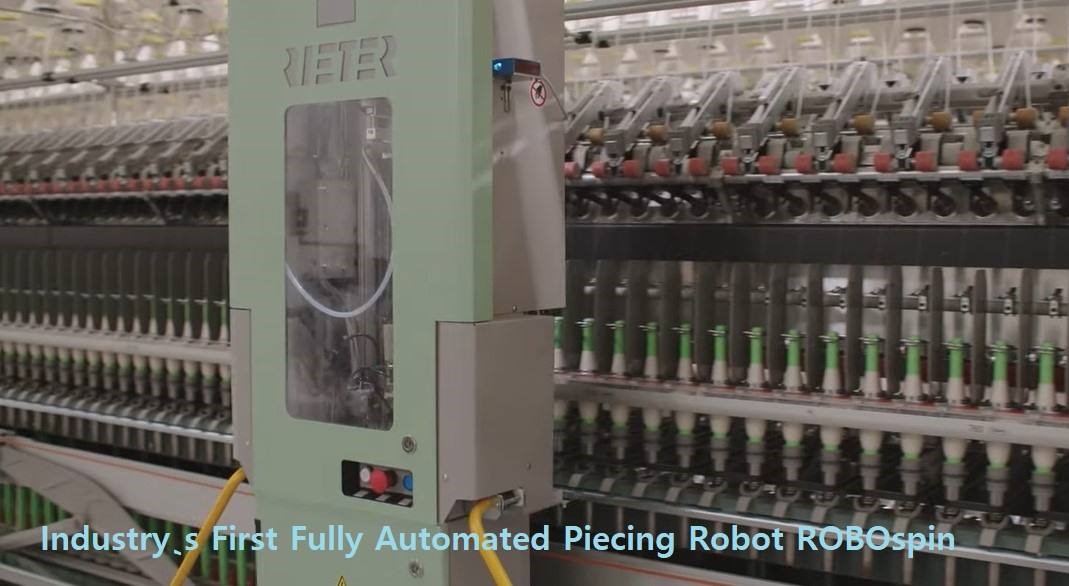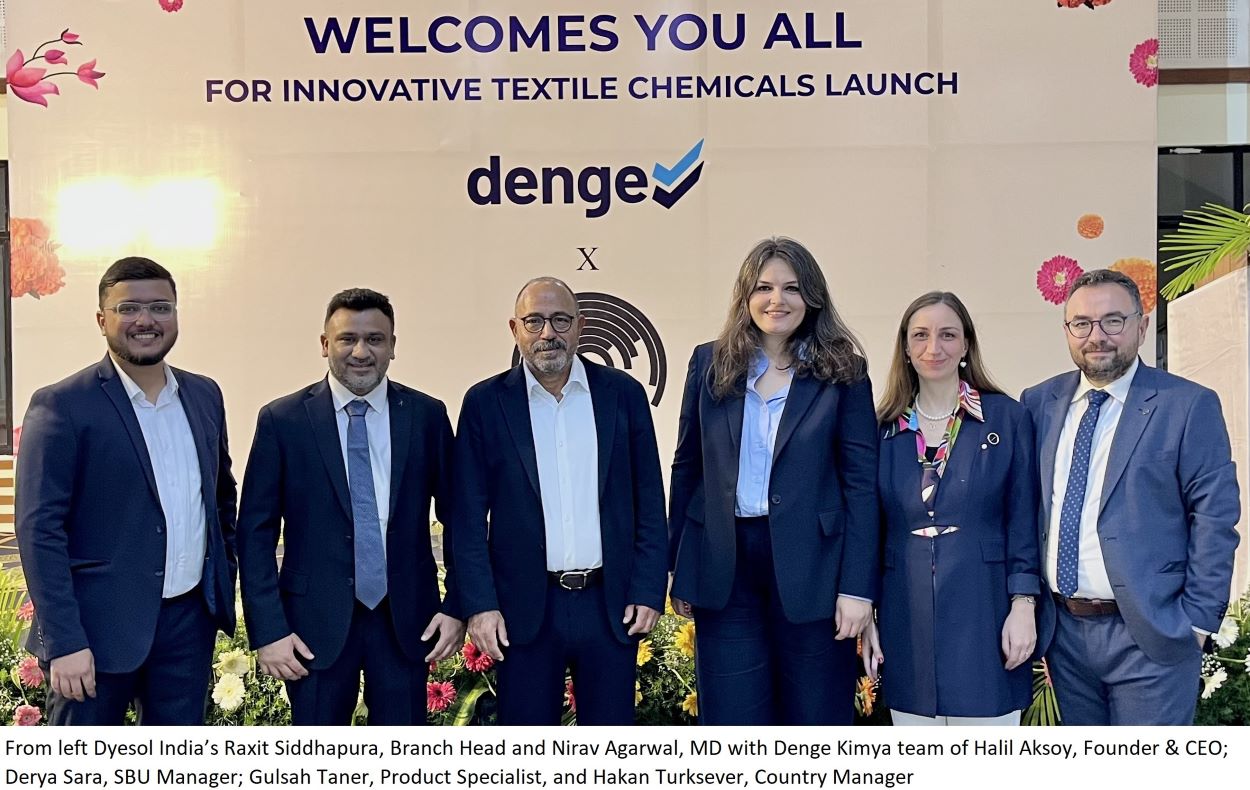
EURATEX and Dansk Mode & Textil Urge Danish EU Presidency to Instil Stability in Textile Sector
EURATEX and Danish fashion
association Dansk Mode & Textil have jointly appealed to the Danish
Presidency of the EU to reinstate stability, transparency, and predictability
within the European textile industry. Major regulatory uncertainty and global
market volatility have dampened demand and discouraged investment across the
sector.
Priority Actions Highlighted
The associations proposed a
focused EU agenda:
·
Implement a robust Circular Economy Act to
support sustainable textiles and standardise the market for textile waste.
·
Accelerate Union Customs Code reform,
including raising the de‑minimis threshold and lowering online parcel fees.
·
Harmonise Extended Producer Responsibility
(EPR) schemes under the Waste Framework Directive.
·
Clarify and enforce the Green Claims
framework to prevent greenwashing.
·
Expedite ratification of the Mercosur free
trade agreement.
·
Ensure balanced EU‑India trade negotiations.
·
Advance the Energy Union for competitive
energy pricing.
·
Reform REACH chemical regulations to
increase predictability and reduce risks of industry relocation.
Industry Impact and Job Security
Danish textile and clothing
make an annual contribution of DKK 87 billion to the national economy,
supporting 96,000 jobs. Across Europe, the textile sector represents
approximately 200,000 enterprises employing 1.3 million people, with
170 billion Euro in annual revenue. The industry emphasises the need for clear
timelines and structured regulation to rebuild confidence and drive investment.
Outlook For European Competitiveness
EURATEX Director General
Dirk Vantyghem argued that proactive leadership from the Danish Presidency is
critical to preserving Europe’s global textile competitiveness. He emphasised
that coherent regulations and timely action will determine the sector’s ability
to innovate sustainably and maintain its economic relevance.

EURATEX Director General Dirk Vantyghem argued that proactive leadership from the Danish Presidency is critical to preserving Europe’s global textile competitiveness. He emphasised that coherent regulations and timely action will determine the sector’s ability to innovate sustainably and maintain its economic relevance.
If you wish to Subscribe to Textile Excellence Print Edition, kindly fill in the below form and we shall get back to you with details.








